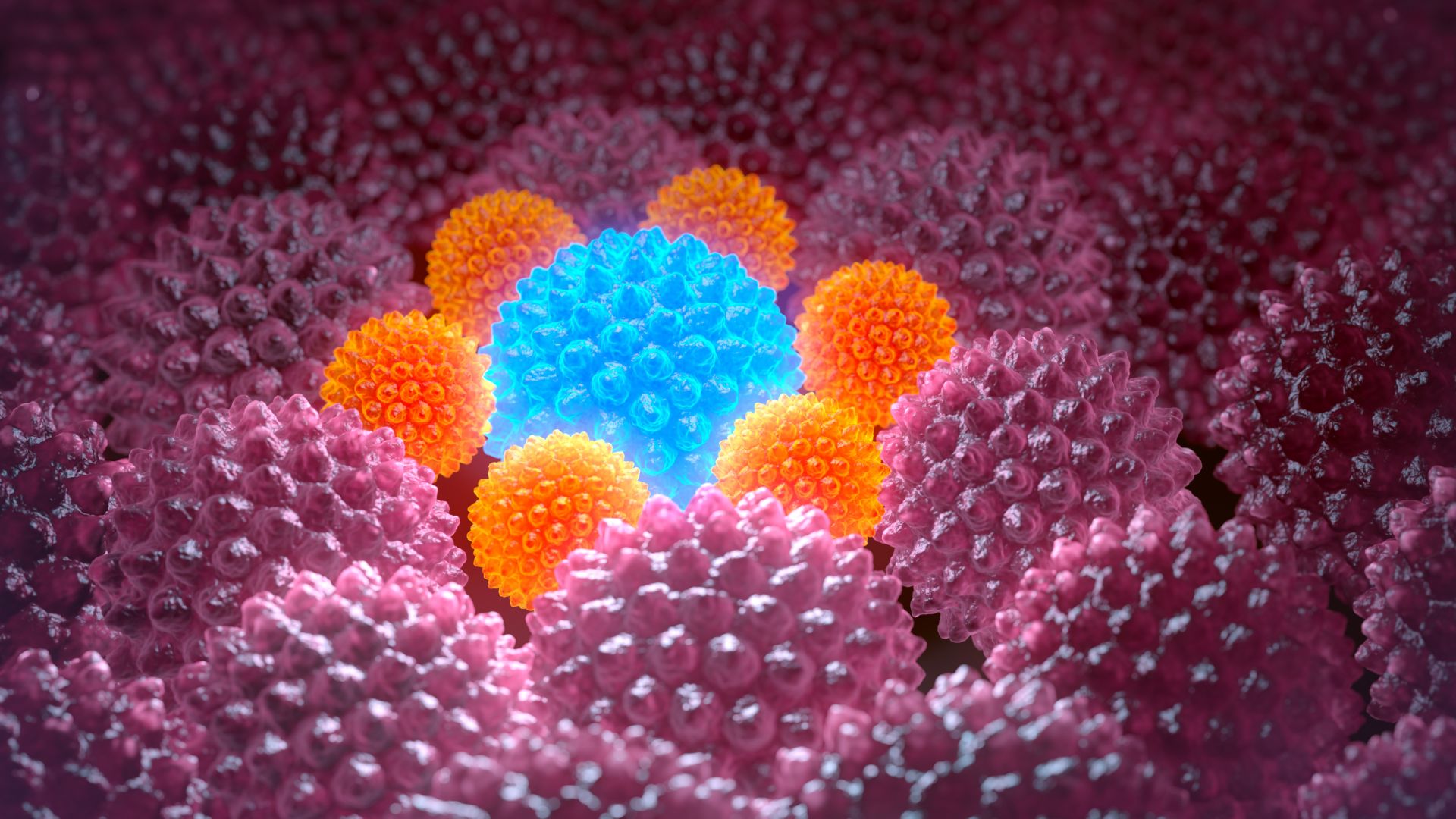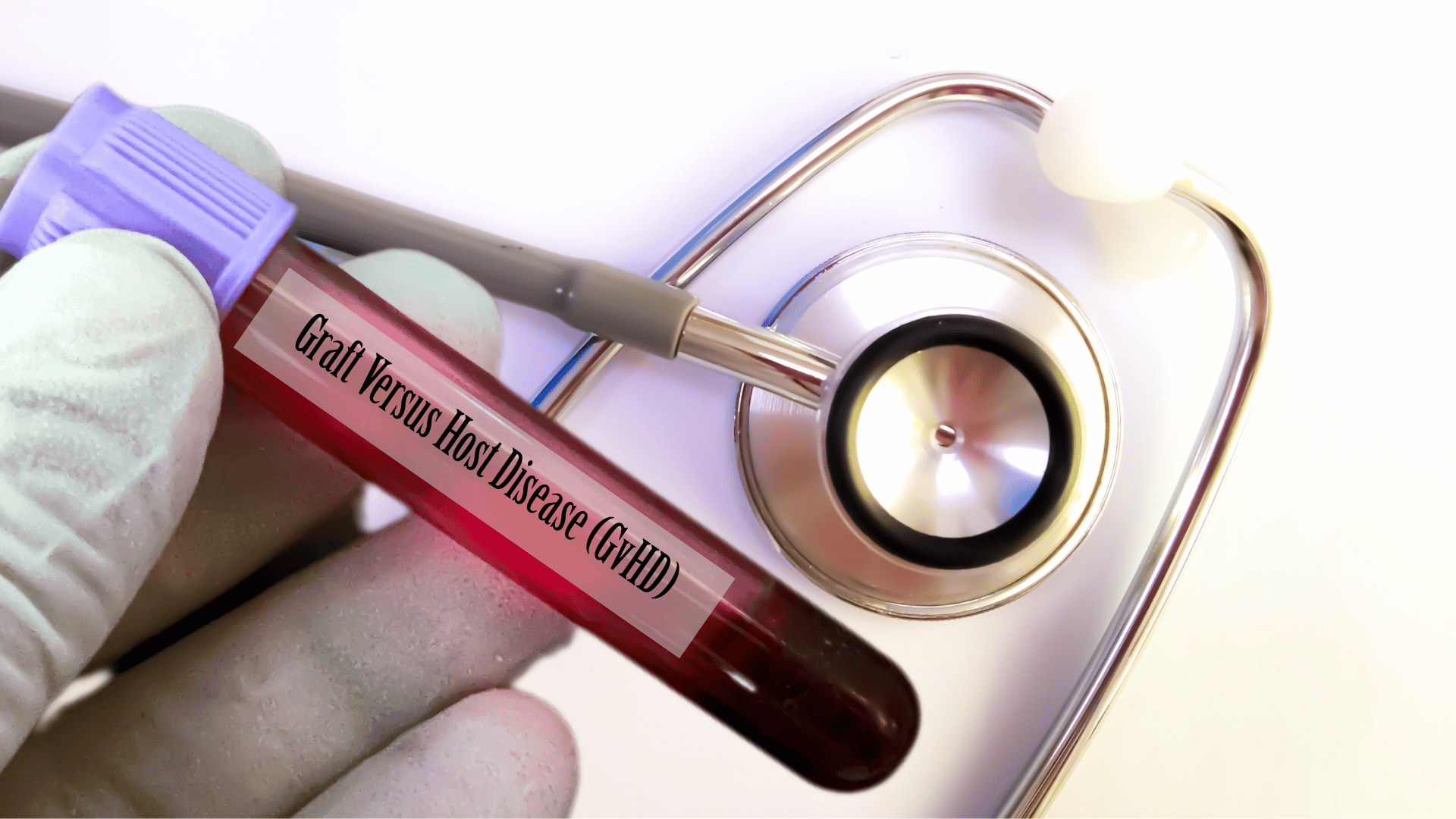Researchers at Penn Dental Medicine have demonstrated that the secretome—i.e. molecular secretions—from human gingival stem cells accelerates the regeneration and healing of oral tissues in preclinical models, notably enhancing tongue wound repair in rats without scarring. By optimizing the culture method to form spheroidal cell clusters, the team produced a concentrated blend of bioactive molecules—both soluble and encapsulated—that exhibited potent anti‑inflammatory and pro‑regenerative effects, suggesting a promising, low‑risk therapeutic alternative to whole‑cell stem‑cell transplantation
Penn Dental Study Reveals Human Stem Cell Secretions Show Promise in Boosting Oral Tissue Regeneration
PHILADELPHIA, Aug. 1, 2025 /PRNewswire/ — The molecular secretions of stem cells taken from human gum tissue could someday be used to speed the healing and regeneration of damaged tissues in the mouth, according to a preclinical study from researchers at Penn Dental Medicine.
Stem cells with their regenerative capabilities have long been seen as potential sources of powerful new therapies. But in recent years, evidence has accumulated that the regenerative, pro-healing benefits of stem cells come largely from the molecules they secrete—their “secretome.”
In this study, published in the Journal of Nanobiotechnology, Penn Dental Medicine researchers showed with lab-dish and animal tests that the secretome obtained from human gingival (gum) stem cells—cultured with the team’s advanced method—had robust regenerative and anti-inflammatory properties and sped the healing of a significant tongue wound.
“These findings illustrate the potential of the gingival stem-cell secretome as a broadly useful therapy for enhancing the repair and regeneration of damaged oral tissues,” says Penn Dental Medicine’s Dr. Anh Le. She and Penn Dental Medicine’s Dr. Qunzhou Zhang are advancing research that may enhance regeneration of the soft tissues of the face, mouth, and throat, including nerve tissue.

The precise makeup of the secretome of a stem cell depends on the cell’s environment, which in the lab dish is the liquid or solid “culture medium,” Le, Zhang, and colleagues, in work stretching back nearly a decade, have developed a special culture medium that effectively nudges human gingival stem cells—which can be easily obtained from dental procedures—into an even more pro-regenerative state.
In lab-dish tests, they confirmed that the secretome obtained with their advanced culture method had much stronger concentrations of both soluble and vesicle-encapsulated molecules, and stronger pro-growth and anti-inflammatory properties, compared to the secretome of gingival stem cells cultured with a standard method.
In the team’s innovative rat model of severe tongue injury, application of the advanced secretome at the wound site led to rapid healing and regeneration of the lost tissue, without the scarring that would usually result from such tissue defect.
Le envisions using gel-based forms of such secretomes—assuming their benefits are proven in clinical trials—to enhance the healing and regeneration of a wide range of oral tissue injuries, including the gum loss of periodontitis, facial nerve damage, and the tissue loss that can occur in oral cancer surgery.
SOURCE: Penn Dental Medicine
This press release is provided for informational purposes only. TomorrowsWorldToday.com is not responsible for the content, terms, or administration of Penn Dental Medicine’s promotions. Please refer to dental.upenn.edu for the most accurate and up-to-date information. Tomorrow’s World Today may receive an affiliate commission if you purchase an independently reviewed product or service through a link on our website.









